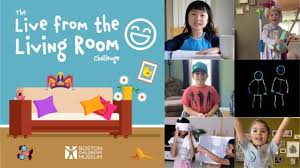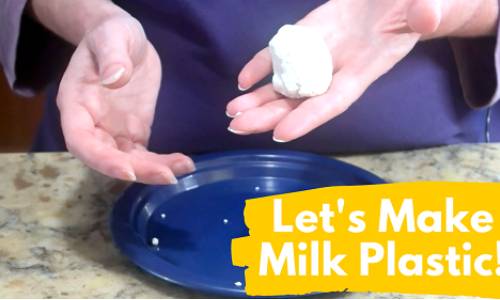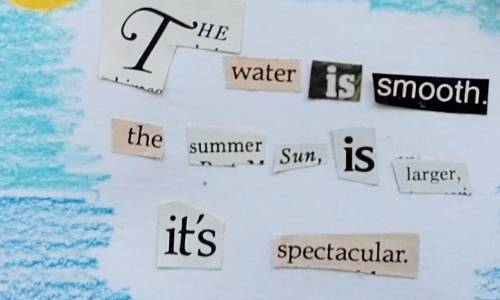The closing of Museums around the world due to the pandemic focused attention on the potential for virtual play and learning experiences delivered online. While raising many questions about screen time, unequal access, and the loss of tactile, hands-on experiences, virtual activities were embraced by the Museum’s audience for the many months that the Museum was closed.
To provide beleaguered parents and caregivers with activities to use with their children at home, the Museum rapidly organized and packaged its existing digital play and learning content and promoted its availabilty with daily emails and an activities archive on its website, that now holds over 100 activities for use at home. Initially, content focused on the Museum’s award winning Beyond the Chalkboard website, its 100 Ways to Play resource, and its Virtual Tour. Extensive new content in the areas of science, art, engineering, stories, and music was subsequently created by Museum educators as they transitioned from the physical Museum to creating online experiences. During the months of March, April and May, visits to the Museum’s website grew 207% from the prior year, with visitors from around the world inspired by the Museum’s online offerings.
The Museum also launched new online initiatives including a Museum podcast, Big & Little, and a virtual “summer camp,” Explore It, for Sun Life corporation employees and their families, and partnered with Penguin Young Readers to jointly develop an exclusive Museum digital version of their Mad Libs word game.
In addition, the Museum created at home activity kits for under-resourced families in Greater Boston to assist with at-home summer learning.
The Museum will continue to mine the potential of extending the wonder and fun of the physical Museum to a world of at-home users, both online and offline, and will seek out new opportunities for experimentation, partnerships, and approaches to delivering rich play and learning experiences.






